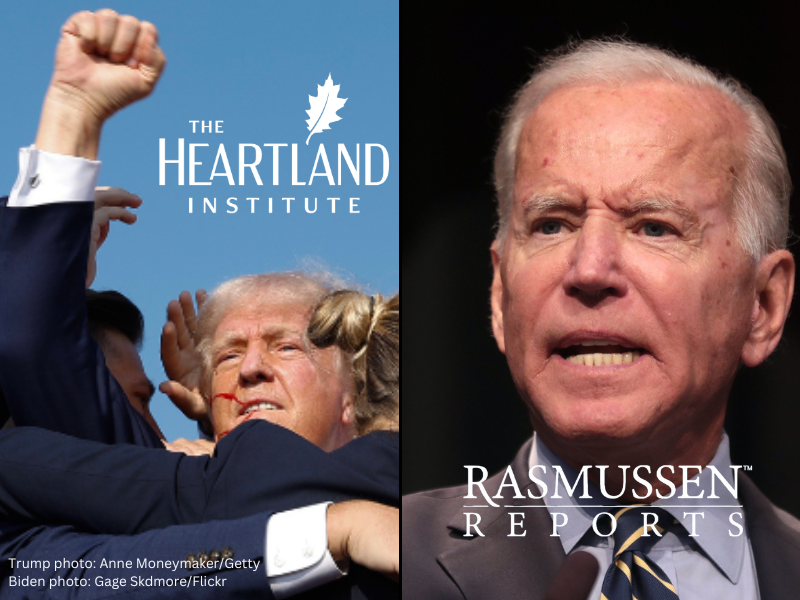Wireless consumers continue to pay excessive and burdensome state and local taxes on their wireless service, even though economists and policymakers agree there is no rational economic basis for excessive taxation of the industry and its consumers.
Some state and local policymakers continue to impose excessive taxes on wireless service simply because they have imposed excessive taxes on telecommunications services for decades.
The National Governors Association and National Conference of State Legislatures have recommended states reform and modernize their tax policies related to telecommunications. But with the exception of Virginia, states with excessive taxes have not undertaken reforms to reduce tax burdens because of the significant immediate fiscal shortfall to the state or its local governments.
At the same time, state and local policymakers are beginning to recognize the importance of broadband service to their constituents and are redoubling their economic development efforts to promote broadband investment in their states and communities. Some are even passing legislation to subsidize or remove regulatory barriers to broadband investment–while failing to consider the impact of excessive taxes on the ability of wireless and other communications service providers to invest in broadband networks.
In other words, tax policy and economic development policy are working at cross purposes in some states, since higher consumer taxes reduce cash flow for network investments.
Worried About Revenue
Some state policymakers have adopted a narrow view of the revenue implications of reform, focusing only on the short-term revenue loss to the state or local governments without considering the offsetting longer-term fiscal benefits that communications tax reform would have on telecommunications investment.
A January 2008 report by Governing magazine and the Pew Center on the States, Growth & Taxes noted, “a reliable, high-quality and affordable telecommunications system is essential to the economic competition of states–to say nothing of the nation.
“And yet,” the report continued, “these systems are subject to very high taxation rates in a number of states–by a tax approach set when the industry [was] dominated by one telephone company that was highly regulated.”
Improved broadband networks will lead to increased business productivity and faster economic growth as companies use communications networks in their business processes. Lower taxes on wireless and other communications services will also directly reduce business costs for communications services.
Evolving Marketplace
The wireless industry sells goods and services in a highly competitive, evolving marketplace that includes not just voice communications but also entertainment, in the form of music and video downloads, games, and various hybrid messaging capabilities.
The Apple iPhone sold by AT&T is a prime example. In advertisements, the device is marketed as a multipurpose entertainment center that can access the Internet, games, and music. Voice telephone service is mentioned almost as an afterthought.
This migration from voice services to entertainment and other data services means wireless providers are now also competing for discretionary consumer entertainment spending, bringing the industry into direct competition with cable providers, Internet service providers, and numerous Web-based content providers. In this environment, consumers are more price-sensitive than ever before, so consumer taxes matter more.
Historical trends in the growth of the wireless industry show the relationship between price and consumer demand. According to the Federal Communications Commission, the average revenue per minute of wireless service dropped from $.20 to $.07 between 2000 and 2005. During that same period, the average minutes of use increased by more than 190 percent, from 255 to 740 minutes per month. Consumers responded to lower prices by buying more.
Tax Distortion
By raising prices, excessive consumer taxes distort consumer purchasing decisions and reduce consumer purchases of goods and services sold by wireless providers. This reduces the revenue available for investment in network upgrades.
Wireless providers have been spending about $20 billion per year over the past five years on network upgrades and service expansions, even under the onerous tax burden imposed on the industry and its customers.
Instead of seeking new ways to subsidize or provide tax incentives for broadband deployment, states could spur significant new investment simply by lowering taxes on company investments and spurring additional consumer demand by lowering taxes on wireless service to the same rate as the general sales and use tax.
Scott Mackey ([email protected]) is a partner and economist at the firm of Kimbell Sherman Ellis LLP in Montpelier, Vermont.
For more information …
Federal Communications Commission, Eleventh Annual CMRS Competition Report, September 2006: http://www.heartland.org/article.cfm?artId=22918



